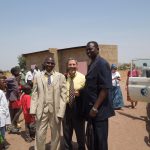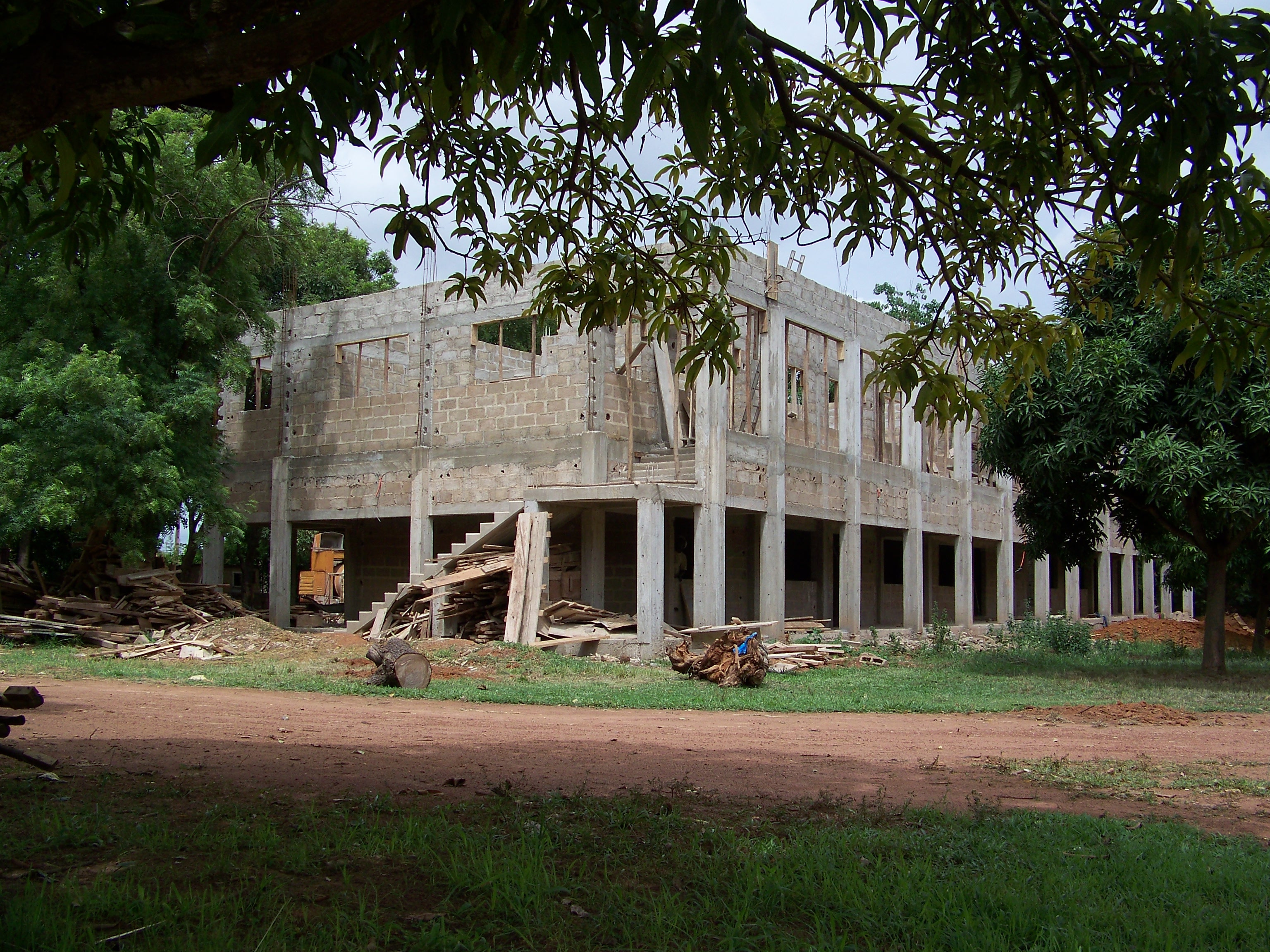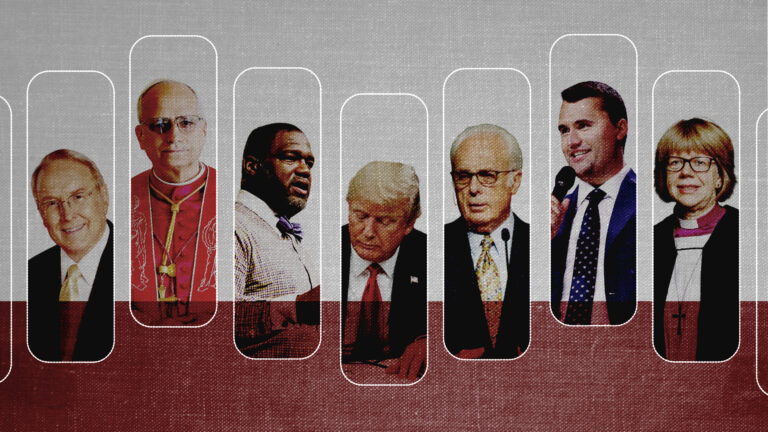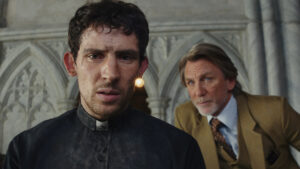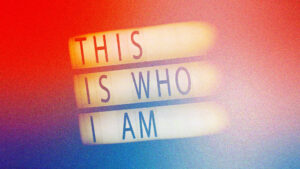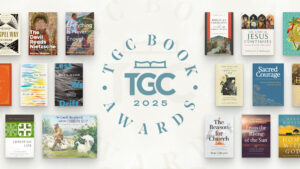On the western edge of Africa lies a country long known for civil war and elephant poaching. Referred to by early explorers as the Côte d'Ivoire, or Ivory Coast, the land proved bountiful in natural resources. But the country has been hindered by political unrest and remains in a perpetual state of poverty and instability.
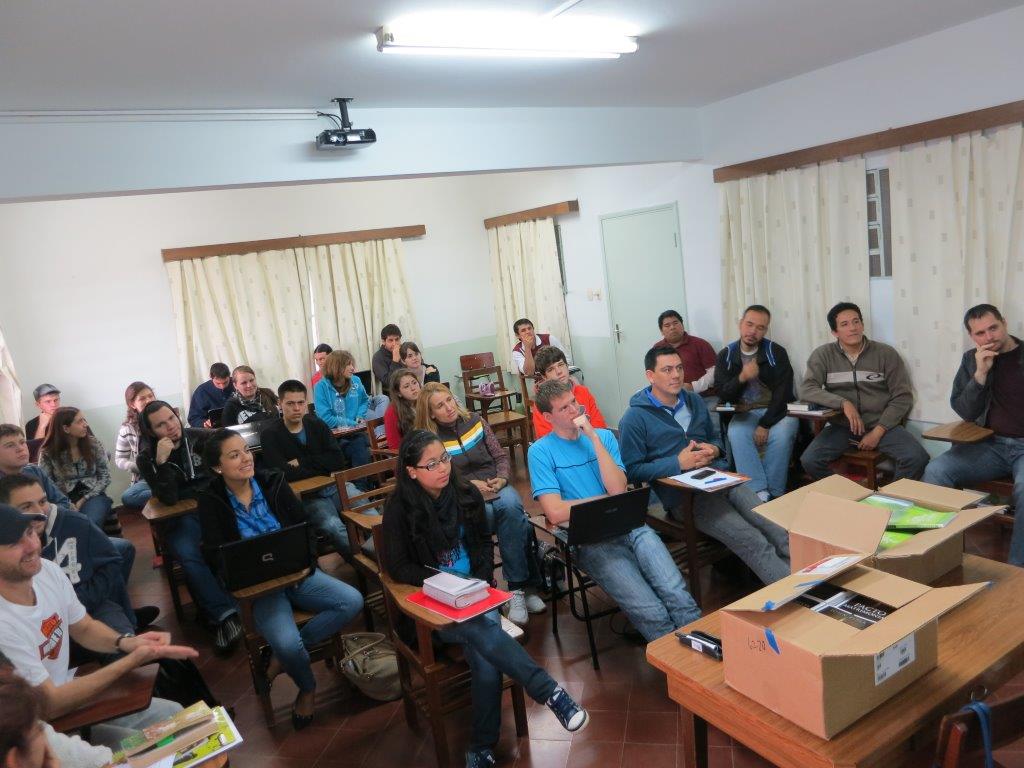
Yet Christianity is growing here, especially in the north.
Foreign missionaries began arriving in Ivory Coast as early as the 17th century, and the fruit of their work ripened slowly until the 1800s. Today, the southern region of the country is home to a Christian community composing nearly 30 percent of the population.
Life in the northern region, however, paints a different picture: Islam, folk religion, and animism dominate. In the city of Korhogo there remains a forested park surrounded by walls, with an archway inviting religious pilgrims to enter the “sacred forest” and participate in the ancient practice of animal sacrifice.
Training Church-Planting Pastors
Despite the spiritual climate in northern Ivory Coast, Christianity is growing at an unprecedented rate. This is due in no small part to the Institut Biblique Bethel (IBB/Bethel Bible Institute) in Korhogo. The school opened in 1991 but was forced to close after civil war tore through the country in 2002. A year later, Christian leaders recognized the need to continue the work and reopened the doors to train a new generation of pastors.
The school trains a small number of pastors who, over the last decade, have been instrumental in planting hundreds of churches. But like many Christian institutions in Africa, IBB suffers from a severe famine of biblical resources.
Ian Shearer, pastor of Faith Baptist Church in Millinocket, Maine, visited IBB in 2014. “Students own very few books other than their Bible,” he observed. “Because of the high cost and difficulty of obtaining theological books, all texts are owned by the school and used by students only for the duration of a class.”
In addition to teaching a course at IBB, Shearer partnered with TGC International Outreach (TGC IO) to bring students and local pastors materials to anchor them in Christ-centered theology. One recipient said the resources encouraged him to champion grace: “The gospel alone changes people, not rules. When people understand the gospel, their lives will change.”
Far from Complete
While the body of Christ in northern Ivory Coast continues to grow, Sunni Muslims, folk religion, and animism pose a constant threat. The churches need capable leaders who will strengthen a new generation of Christians with sound theology and biblical preaching.
Thanks to training centers like IBB and resources from TGC IO, Ivory Coast churches have the potential to care for new believers—including those who live in the shadow of a “sacred forest” that reminds them their work is far from done.
Free Book by TGC: ‘Before You Lose Your Faith’
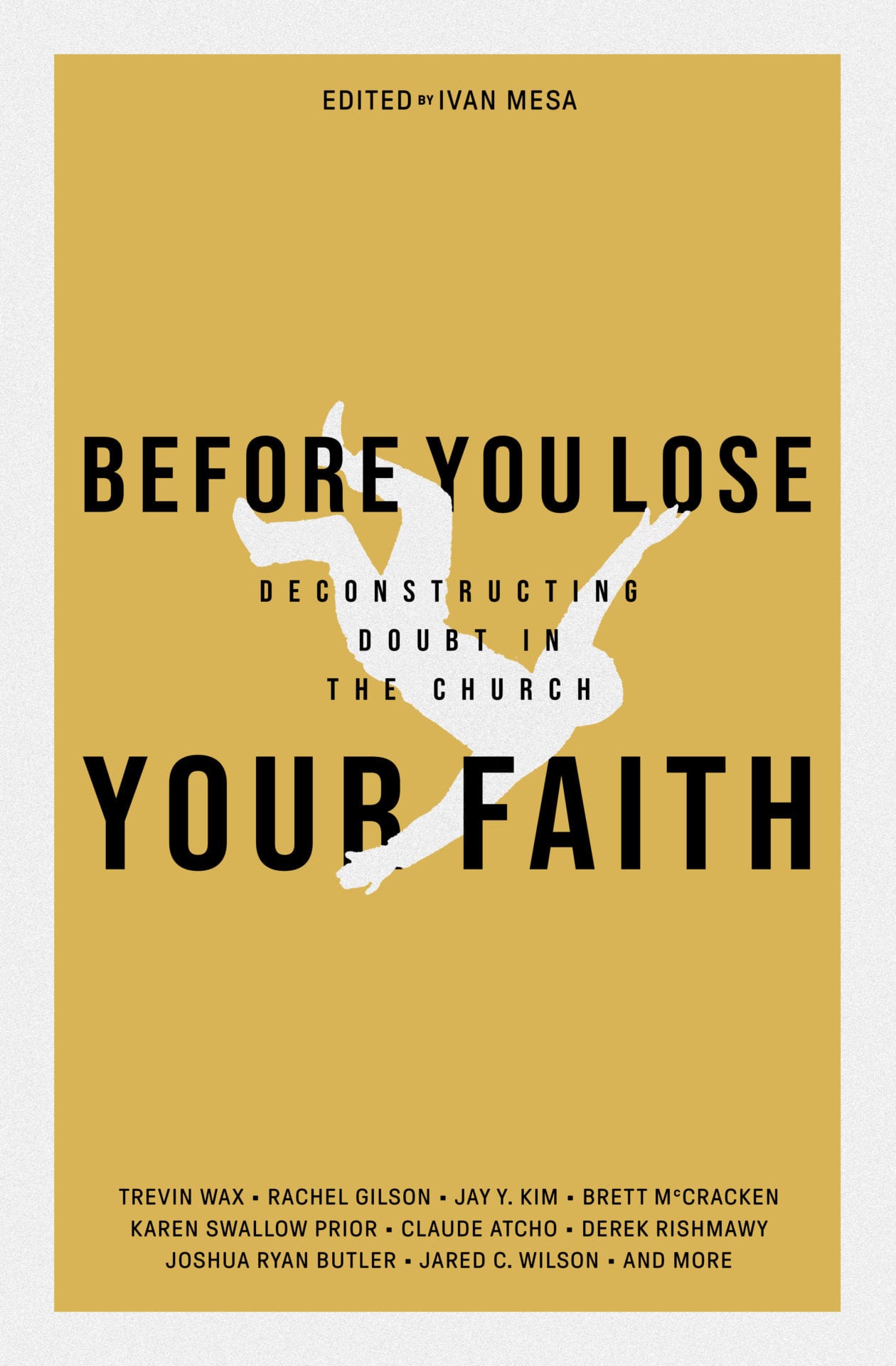 Many young people are walking away from Christianity—for reasons ranging from the church’s stance on sexual morality, to its approach to science and the Bible, to its perceived silence on racial justice.
Many young people are walking away from Christianity—for reasons ranging from the church’s stance on sexual morality, to its approach to science and the Bible, to its perceived silence on racial justice.
TGC’s book Before You Lose Your Faith: Deconstructing Doubt in the Church is an infusion of hope, clarity, and wisdom in an age of mounting cynicism toward Christianity.
For anyone entering college or the workplace and looking for a timely reminder of why Christianity is good news in a skeptical age, make sure to get your FREE ebook Before You Lose Your Faith today!








